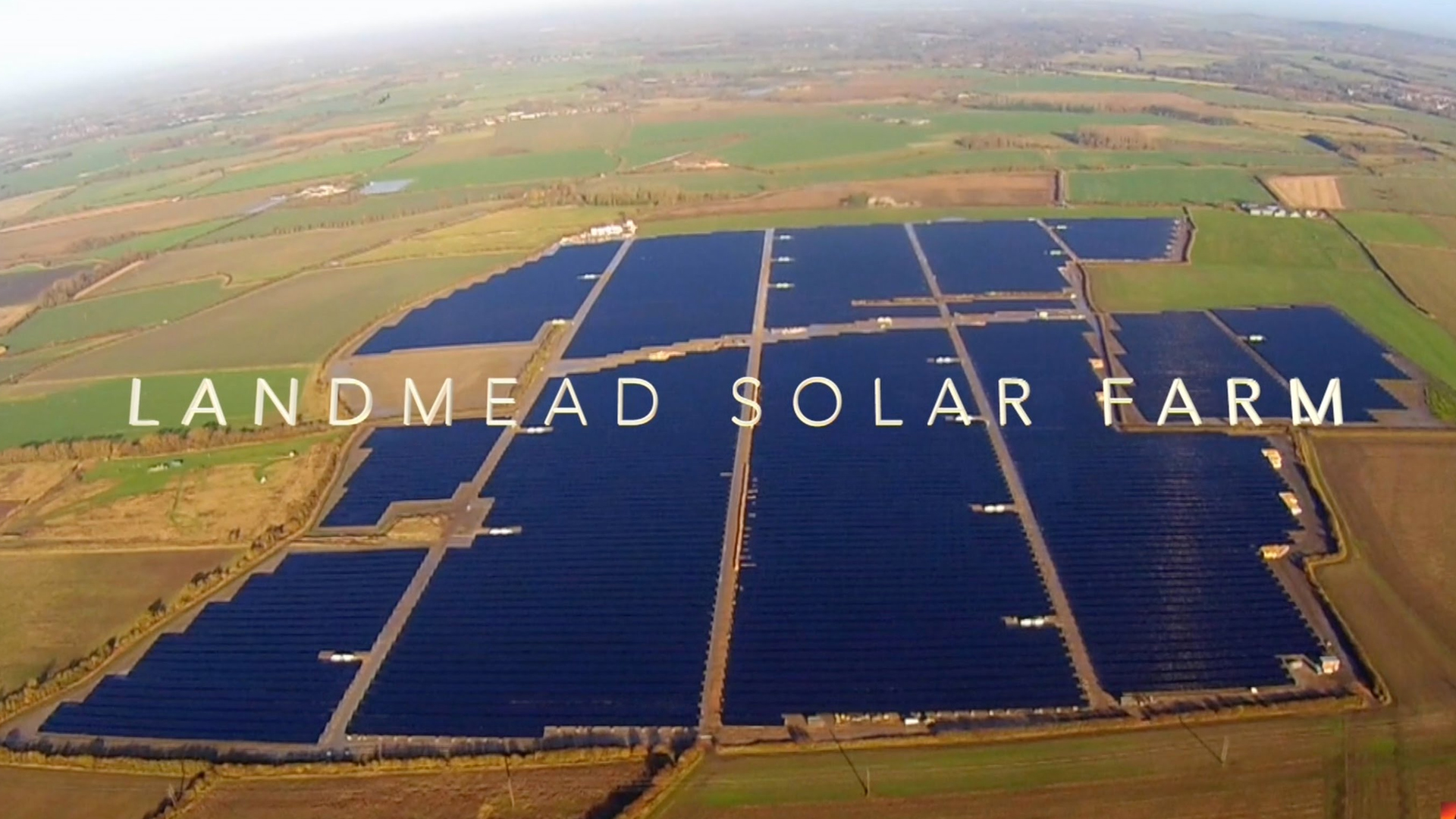Is Crowdfunding The Future For Community Energy Projects?

Investment opportunities in renewable energy continue to diversify as markets develop at different rates. Jonathan Richards of UK corporate commercial law firm, SGH Martineau looks at the growing investment opportunity of crowdfunding and looks into its viability for investors.

CROWDFUNDING is attracting a lot of attention for allowing entrepreneurs to get new businesses off the ground, or even helping novelists earn a place on the Man Booker Prize longlist. But what is perhaps less well known is the growing role it could play in supporting community energy projects.
Earlier this year the Department of Energy & Climate Change (DECC) announced in its Community Energy Strategy that crowdfunding was amongst the new and innovative measures that it was considering to help resolve the current funding issues faced by many community energy projects seeking to develop sustainable energy option.
There are a growing number of crowdfunding sites springing up, with almost every sector covered, from publishing to start-up businesses and currently it is a phenomenon that has captured the mind and interest of the public investor looking for new opportunities.
When structured correctly and marketed on the right online platform, to the right potential investors, crowdfunding is an efficient way of supporting projects, but the failure rate is high and when things go wrong, it can be expensive.
Interestingly, perhaps motivated by a national desire for lower energy costs, the public are showing a willingness to get involved in supporting small to medium-sized community energy projects. The growth of crowdfunding coincides with resurgence in community energy projects. One such success is Abundance Generation which has raised more than £6.5 million from over 1,400 investors to support various renewable energy projects including solar and wind.
So, if you are an investor looking to diversify your portfolio by investing in renewable energy or energy efficiency opportunities, or indeed a community energy project struggling to raise the necessary start-up finance, what do you need to consider before getting involved?
What is it?
Crowdfunding uses online platforms to promote projects, often grouped according to sector or interest, to raise investment, with typically four categories of funding:
ï‚£ Equity funding "“ investors take shares/an equity stake in the project in return for investment.
ï‚£ Loan-based funding (peer to peer) "“ investors loan monies direct to the project.
ï‚£ Reward funding "“ investors receive a specific reward related to the project, like badges, T-shirts, tickets etc.
ï‚£ Donation funding "“ investors receive nothing in return for their contribution (usually associated with charities).
Interestingly, Abundance Generation modified the loan-based funding structure they use, by offering unsecured debentures, with a 20 "“ 25 year life that pay a cash return twice a year. Although these debentures should not attract stamp duty on transfer, unlike shares in a company, anyone considering investing must understand that currently there is a limited secondary market, if they wish to realise their investment.
What is a platform?
The platforms usually take the form of a website, which is designed to present the projects looking for funding in such a way as to attract retail investors, as well as professional and institutional investors. There is usually a lot of information about what the project hopes to achieve, the investment required and what is offered in return.
These platforms generally undertake a rigorous review process of every project to ensure every claim made in the pitch is true and then make it easy for investors to contribute, with any funds received forwarded directly to the project owners seeking the funding.
In return, the platform will typically charge the project an upfront fee for the use of their platform to raise funds, typically ranging from 0.5% to 7.5% of the total sum raised, together with an ongoing monitoring fee depending on the type of crowdfunding arrangement agreed. Although many sites are free to join, some may charge investors per transaction or to become a member of the platform, together with an exit fee should the investor wish to realise or transfer their investment. This is a typical crowdfunding arrangement for a community energy project where a local community group on a housing estate is looking to install and own roof-mounted solar PV panels on 35 houses.
What are the benefits?
Crowdfunding provides an alternative source of finance for community projects that might find it difficult to raise the necessary funds through the traditional banking, private equity via share offers, or governmental funding sources.
It could also bridge the gap by providing the start-up finance for the project, before a more localised community share offer is issued. An additional benefit is that depending on how the crowdfunding investment is structured, the project may not have to give security over its assets, which would be required by any bank providing the funds.






























